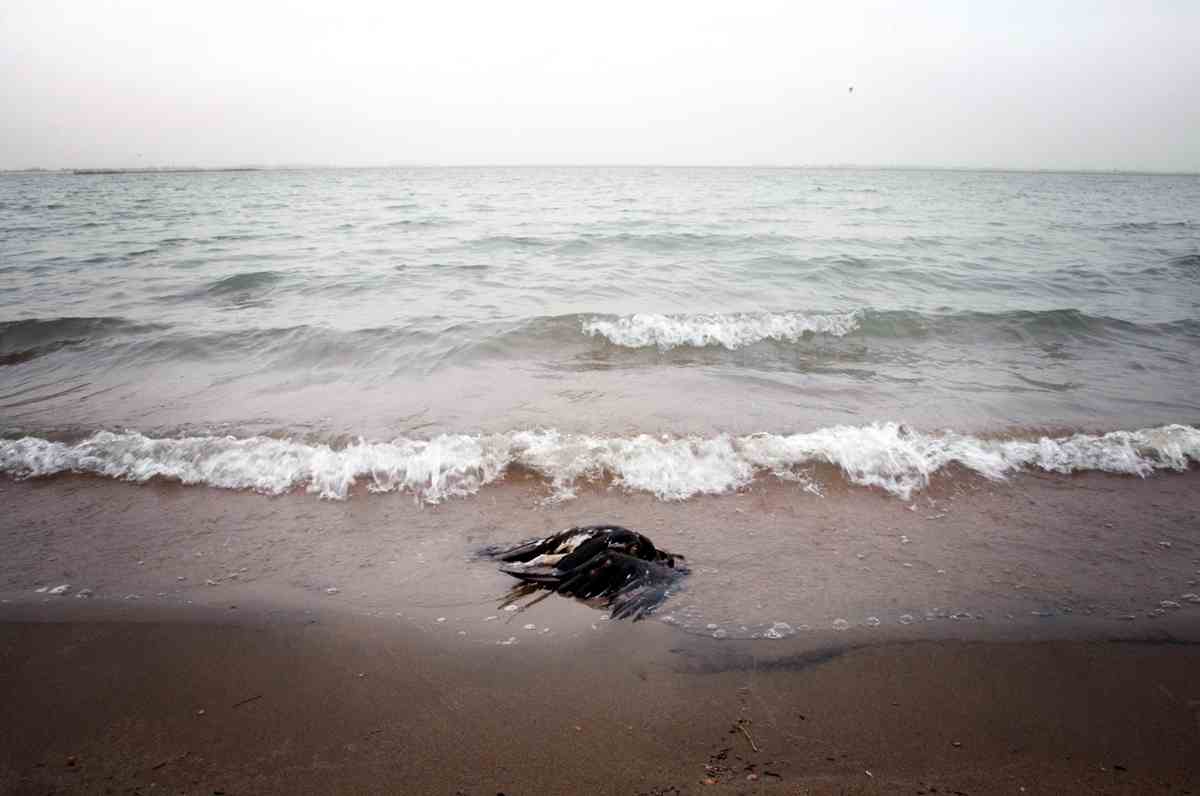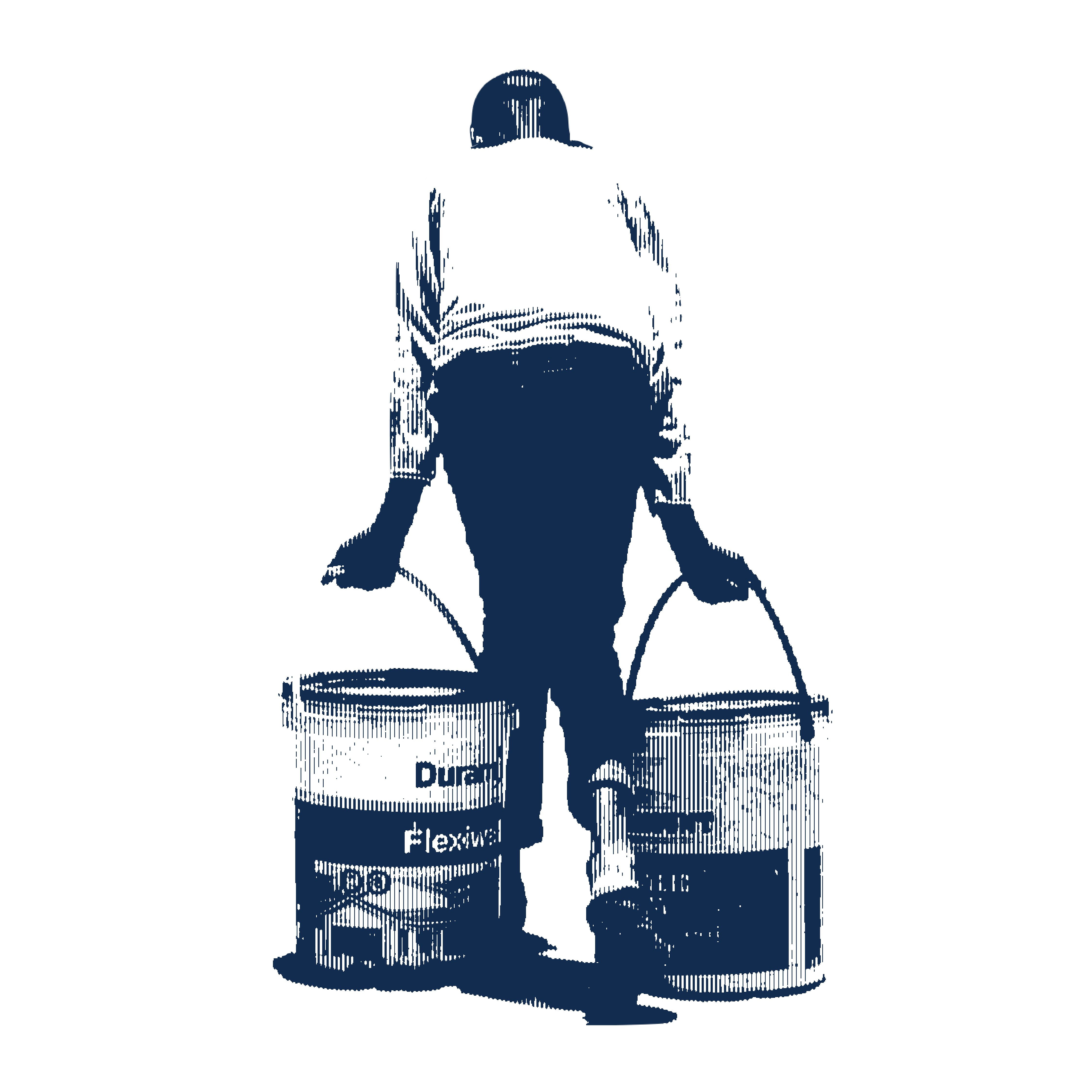
This article is from a student at Tenzer Learning Center in New York, NY. Tenzer participated in a series of visits with Pulitzer Center journalists leading up the High School News Literacy Summit at Baruch College in Manhattan.
"A long time ago, the water was clean," my grandmother fell into a memory. "When I was a child, I lived in the town. There was a river-people called it Min Jiang. So many people went there to wash the clothes and play, or anything you want to do. People were happy. But as time passed, the river started to be polluted," my grandmother said. Her name is Fengneng Li. She is more than 80 years old. She lives in China, in the small town of Guan Tou.
According to New Agriculturist, "As China's economy booms, the impacts on its environment are becoming more evident. China, for instance, is home to 16 of the 20 most polluted cities in the world. But by far the most serious environmental issue that the Chinese urgently need to resolve is that of water. The country is facing increasingly frequent and desperate shortages, disastrous flooding in some areas, and dangerous levels of pollution."
One of biggest problems of China is wastewater. Factories and cities have discharged into the rivers and lakes untreated sewage and pollutants, about some 53.7 billion tons in 2006 alone. This information is according to the World Bank. "Extensive water pollution of course impacts on water scarcity. This is especially [true] in China," says Washington-based Jamal Saghir. He is Director, Energy and Water, Private Sector Development and Infrastructure Vice Presidency at the World Bank.
The government of China is trying to find ways to solve the dilemma at present. In September of last year, according to China's Ministry of Environmental Protection, "the country had invested $7.46 billion into 2,712 water treatment projects." But this project has been deferred because of environmental concerns and resistance from about 300,000 farmers. Because of a canal, and water-pumping and cleaning facilities, farmers have to be relocated.
"Have you ever thought about why the water was seriously polluted?" I asked my grandmother. "Everybody knows. But they don't care about this problem. People built more and more factories over time. The pollution is becoming more and more serious. I think the government has some ideas for solving this problem, but the important thing is the people don't realize this," she paused. "But I believe the people can understand it in the future," she added.
Source: http://www.sina.com.cn




